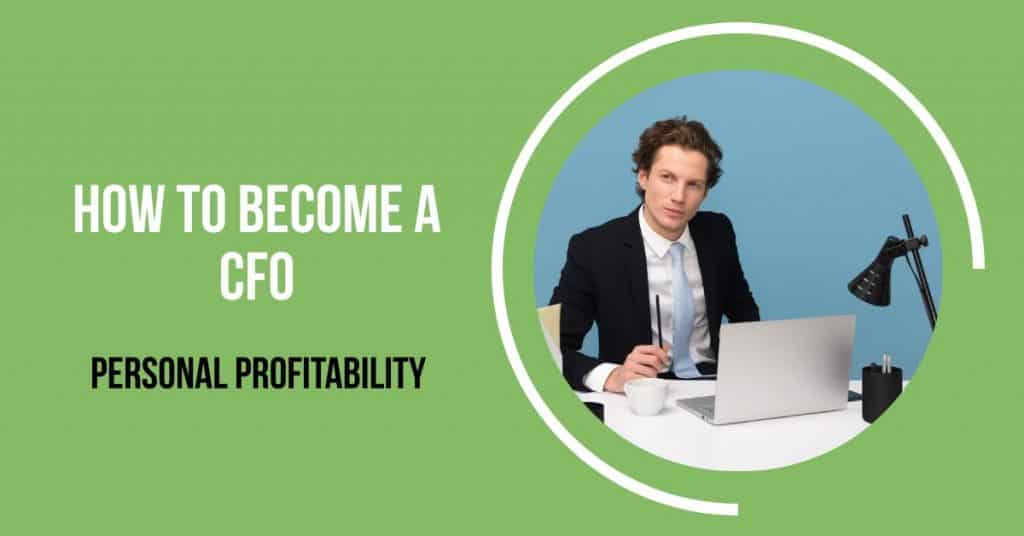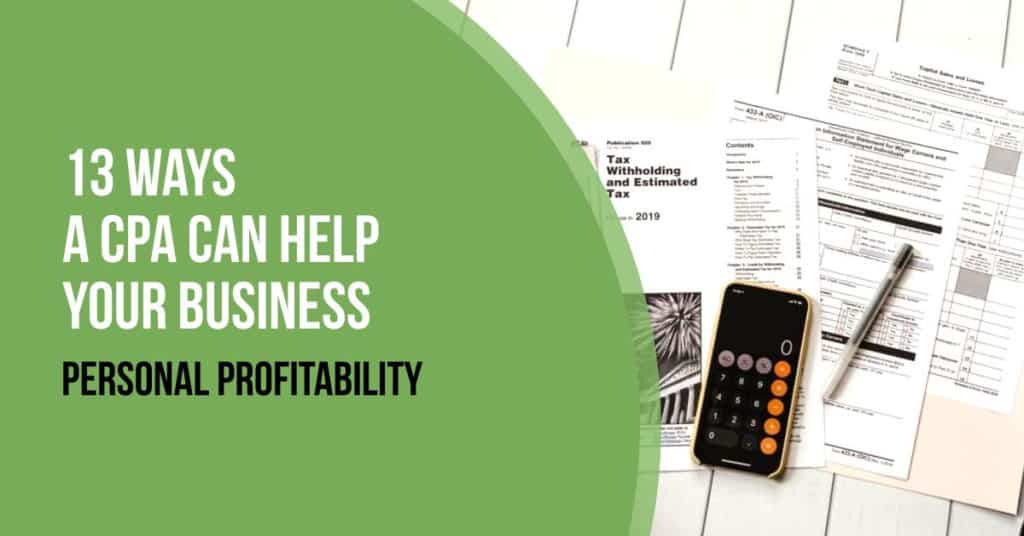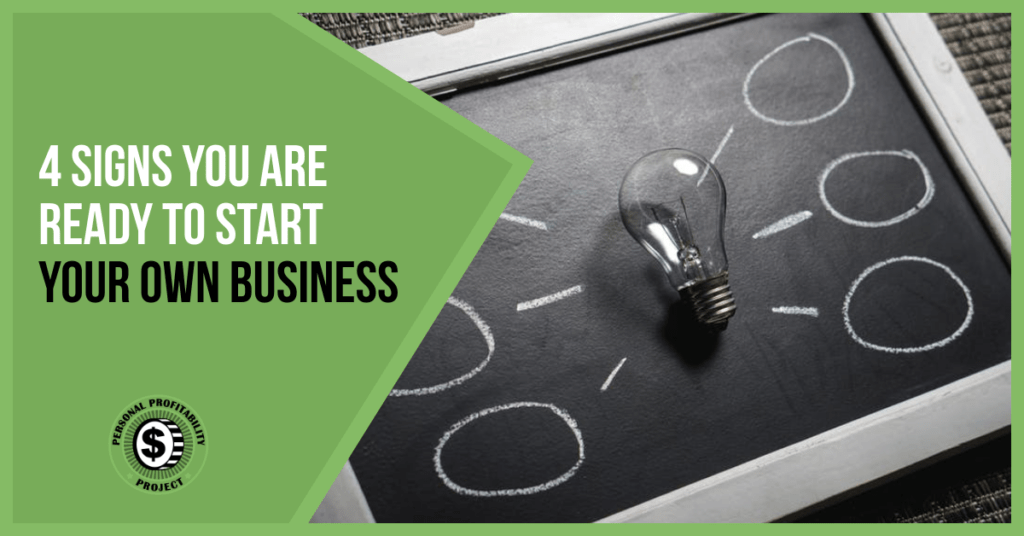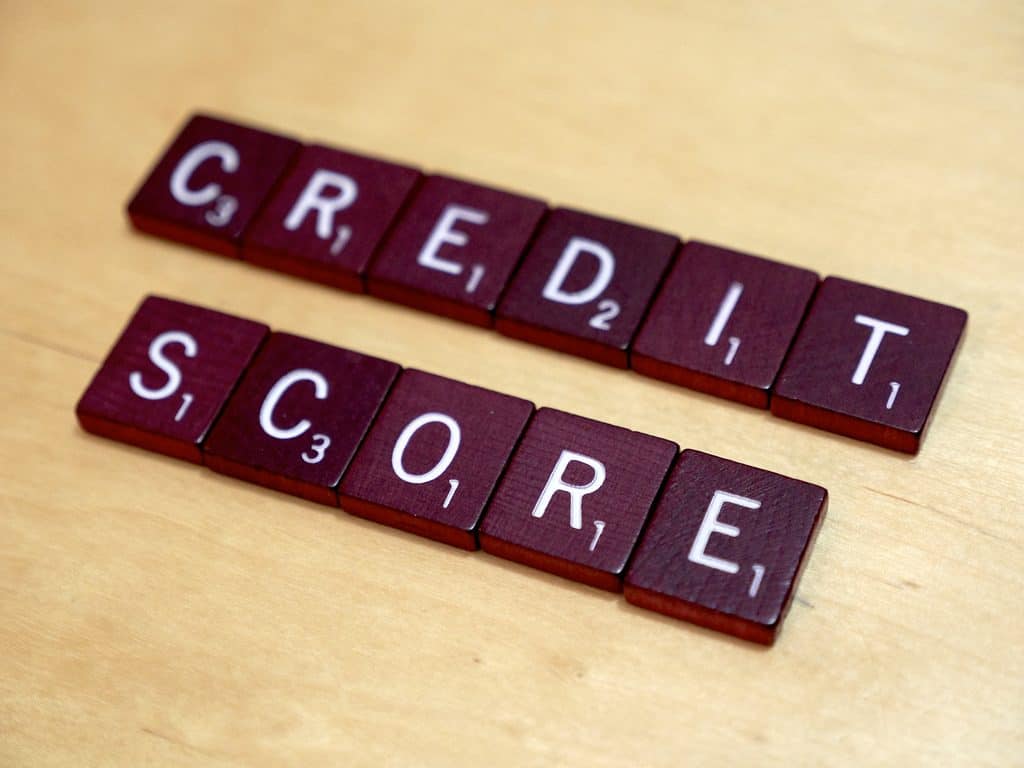How To Become a CFO
For students or professionals interested in finance, it may be difficult to ascertain which career path to pursue. After all, the world of business and finance is a broad one. One of the most respected roles in this arena is that of a chief financial officer. While you may hear or read about the feats […]






